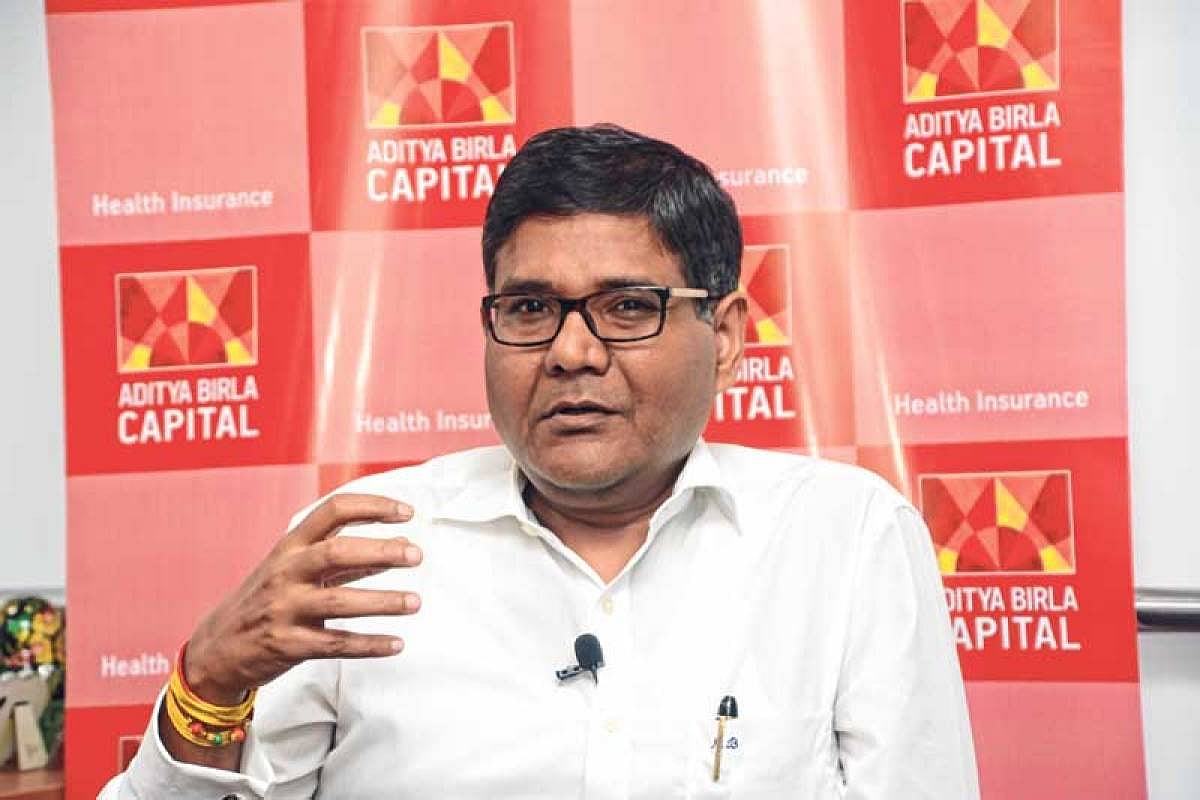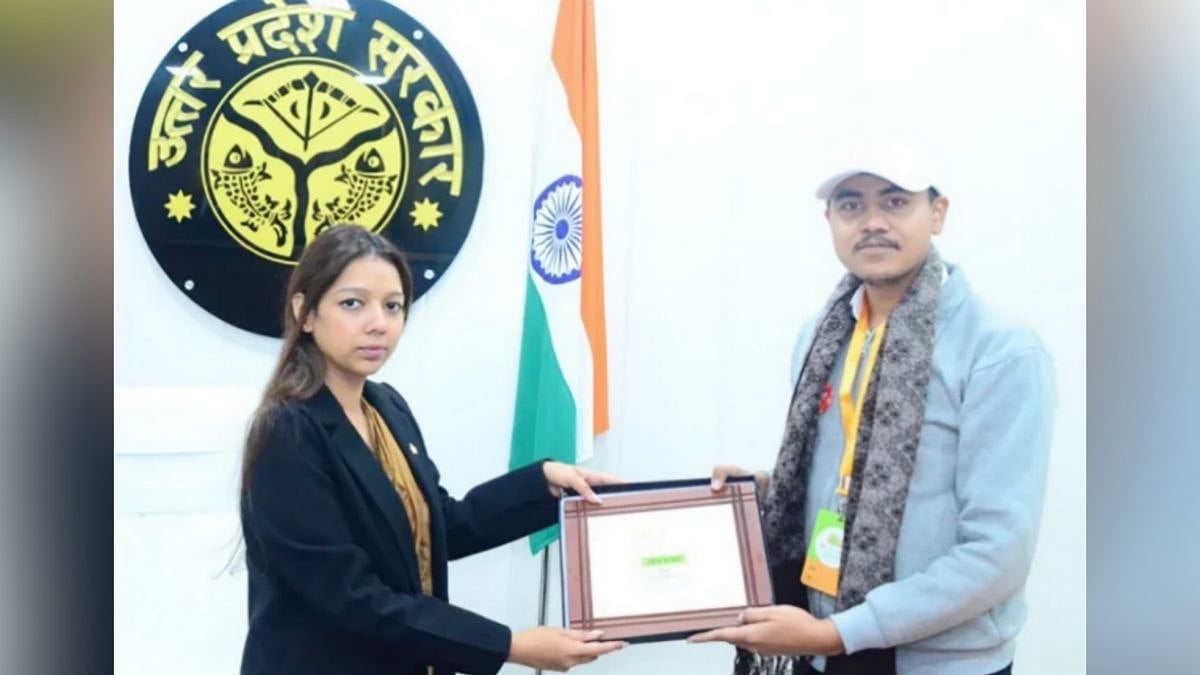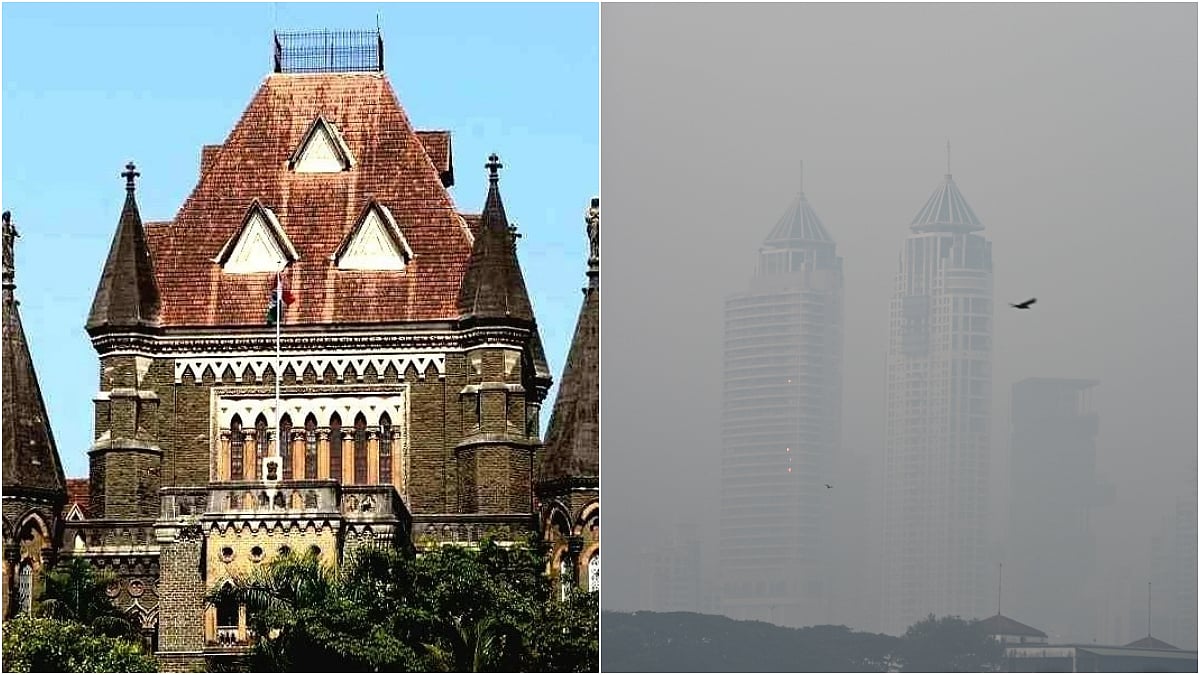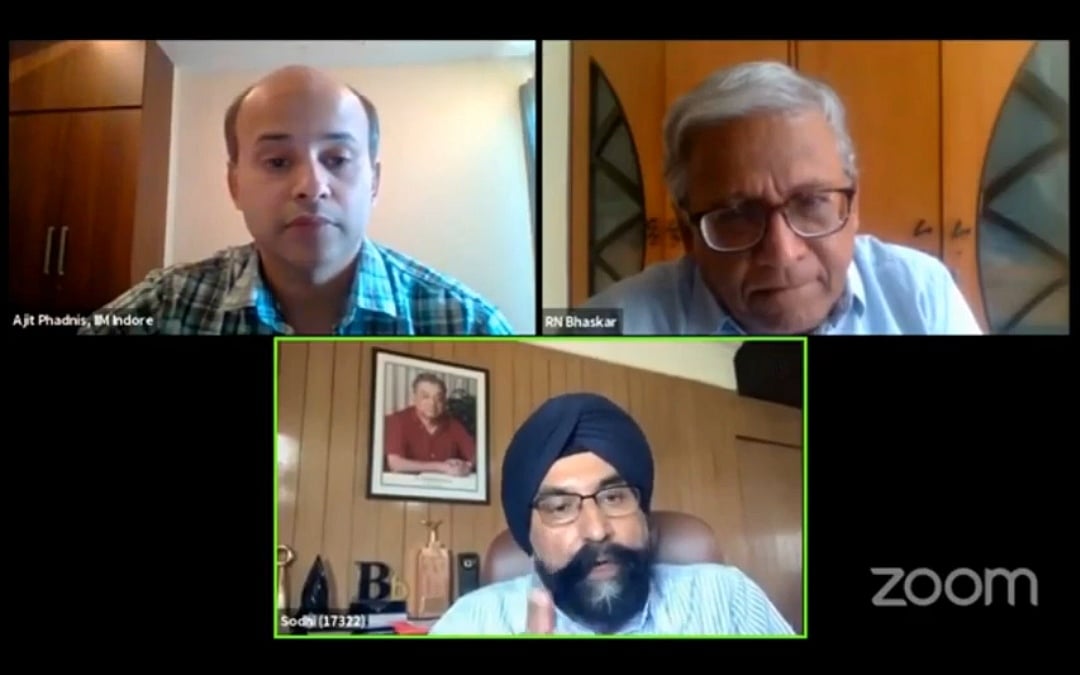Few appreciate the tremendous opportunity that COVID-19 has brought for the health insurance segment. However, before they can tap into this opportunity, insurers will have to look inward by building on the capacity and also the trust factor with their potential customers, indicated Mayank Bathwal, Chief Executive Officer at Aditya Birla Health Insurance Co. Limited (ABHICL) during the webinar organised by FPJ-IIM Indore.
Supported by BIG FM and Moneylife, the latest edition of ‘India After COVID-19’ series takes a look at the health insurance much more closely. This session on health insurance was moderated by FPJ's RN Bhaskar and by Himanshu Rai, director, IIM Indore. Below are edited excerpts of the session with editorial support from Jescilia K.
Watch the complete the video here:
Standing of health insurance segment
While health is the key pillar for the growth of the economy, health insurance is an important part of the overall health ecosystem. In the case of healthcare spending, it is one of the funders.
In 1986, the health insurance sector opened up. During the last 33 years, a lot has changed. After the formal opening up of the sector in 2000, six players have entered the sector, Aditya Birla Health Insurance is the last player in this space.
The penetration of health insurance is low in India. Around 65-70 per cent of Indian consumers pay their healthcare costs out of their pockets.
The largest healthcare funding scheme started by the Indian government, Ayushman Bharat, covers 50 crore Indians. However, the rest of the population — which is around 80 crore people — fund their healthcare cost out of their pocket or have an insurance cover. There are only four crore people that have insured themselves with an insurance company and around 10 crore are protected by a corporate cover. This shows the low level of penetration in the country.
The insurance sector is growing at 25 per cent every year. Meanwhile, Standalone Health Insurers (SAHI) is growing at 35-40 per cent.
Health insurance is not another product line, but a business. Health insurance is much more than merely providing a new product from the insurance industry. The fact that penetration is only five-six per cent shows that there is a lot of space for growth. We need to improve our efficiencies. The whole system has to be geared up for a different kind of operation.
What is COVID-19 doing to Health Insurance?
Due to the outbreak of COVID-19, the relevance of health insurance has become a lot more evident to all of us.
We all have realised that COVID-19 can impact anyone around the world. If you get yourself treated for COVID-19 in a private facility, the cost of treatment can go up to Rs 10-15 lakh. Not being able to fund this, will impact lives as they will have to dig into their savings. Therefore, the relevance of health insurance is very high.
There is a heightened level of awareness around health and health insurance due to COVID-19. This is in addition to the awareness already created by the government scheme, Ayushman Bharat. The industry is running an awareness campaign as well.
SAHI reacting to COVID-19
During COVID-19, there are few things that are of importance to the insurance companies.
We have to make sure that we are available to our customers at all times.
We have to ensure that our technologies and processes are fully enabled.
Most importantly, we have to be empathetic towards our customers than ever before.
The SAHI players had to make sure all this was in place even if offices were closed due to the COVID-19-induced lockdown. We had to settle claims faster. All other steps could be followed in due course.
At this time, the sector responded extremely well. All our peer organisations have fully enabled us to support consumers, guided by our regulator and government guidelines.
All the necessary changes were made in processes so as to serve our customers and healthcare service providers better. During this time, we saw a lot of opportunities emerging.
We continued to explore ways to reach out to our consumers with newer models rather than traditional models. For instance, we had to create a new model for our insurance agents to sell the products as they could not meet their customers physically to sell insurance products — newer models have to evolve as the virus is there to stay. The new models are not just limited to reaching out to customers through various means, but also it is about the products being ready for new platforms of distribution.
I would say that there is an opportunity for the health insurance sector to create much better category advocacy with the customers. This will strengthen the belief in the health insurance segment.
Today, if you conduct research, you will find health is the number one topic in the minds of every consumer. This concern on health is not limited to an individual but of the general public at large.
COVID-19 may act as a trigger for people to buy insurance. It is not that expensive.
Opportunities knocking
Health insurance has a huge opportunity to reach out and go out of the way to create connections with consumers for reasons other than the transaction of the products.
Keeping this in mind, we organised a programme, ‘Health at home’, where we got experts to talk to our consumers via Facebook live about physical and mental health. Through these initiatives, we were able to reach out to senior citizens and millennials alike. Here we were connecting with them and offering them advice in a big way. This way we could build on the trust.
These are unprecedented times but the opportunity for everyone related to the healthcare ecosystem is huge. The opportunity here is to provide protection that everyone needs and reach out to as many Indians as possible. At this juncture, no Indians can say that they do not need insurance.
I am hopeful there will be a big shift in the healthcare system not just in terms of size but the quality of healthcare that will be offered. The private sector has gone a long way, but there is a lot more that can be achieved.
Health insurance or sickness insurance
In health insurance, health comes first and insurance comes second. At present, the health insurance companies are looking at serving the customer when he or she is hospitalised. It is time, we play the role of a health partner. It is then that we will do justice to the opportunity that is there for health insurance. The role of focusing on health rather than sickness becomes even more imperative in COVID-19 times.
There is a growing need to focus on preventive and primary care. The focus of Ayushman Bharat on health and wellness centres is encouraging.
Policymakers: With or against the sector?
I am happy that the government has brought about guidelines around e-pharmacy and telemedicine. It will help create a robust health insurance ecosystem. Services like e-pharmacy and telemedicine will continue post-COVID-19. Optimism is the only way forward; fear will not take you anywhere else.
In the case of the government, it did its bit by coming up with Ayushman Bharat. This huge scheme covers around 60-65 crore people in the country. While the central government announced the scheme, the state governments have embraced it and have even covered more people than its initial target groups.
Another 30-40 crore people who value affordability or are buying insurance for the first time and aspire to get insured, will be able to avail of Arogya Sanjeevani, a standard product introduced by the regulator, IRDAI. The rest of the population can opt for health insurance products offered by insurance companies.
Telemedicine: A gatekeeper
In the case of telemedicine, it will take up the role of gatekeeping. During the time of COVID-19 and even after that, most doctors will prefer telemedicine over the fear of the virus. But the role of telemedicine will exist even after COVID-19. This will help populations in rural India to get access to the best doctors without having to travel (they will do so only if there is a need). As we have a large population, we have to look for alternative options.
I am excited about the possibilities that will come through telemedicine. There is under-capacity (of doctors) in our system. There is thus an imbalance in demand and supply. Digital technologies democratise the whole process, and also allows the possibility of scaling up.
Other than telemedicine, there are other smart service provisions that will help. It is more about the combination of services that will help insurance to penetrate further. COVID-19 has spelt out the need to focus on health. India cannot have healthcare spends at one per cent of its GDP, it will have to improve.













